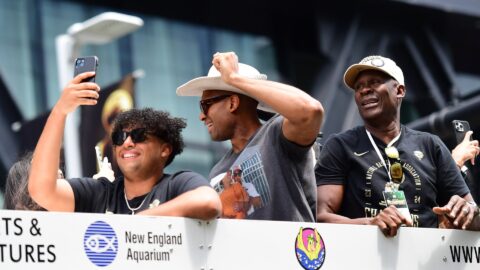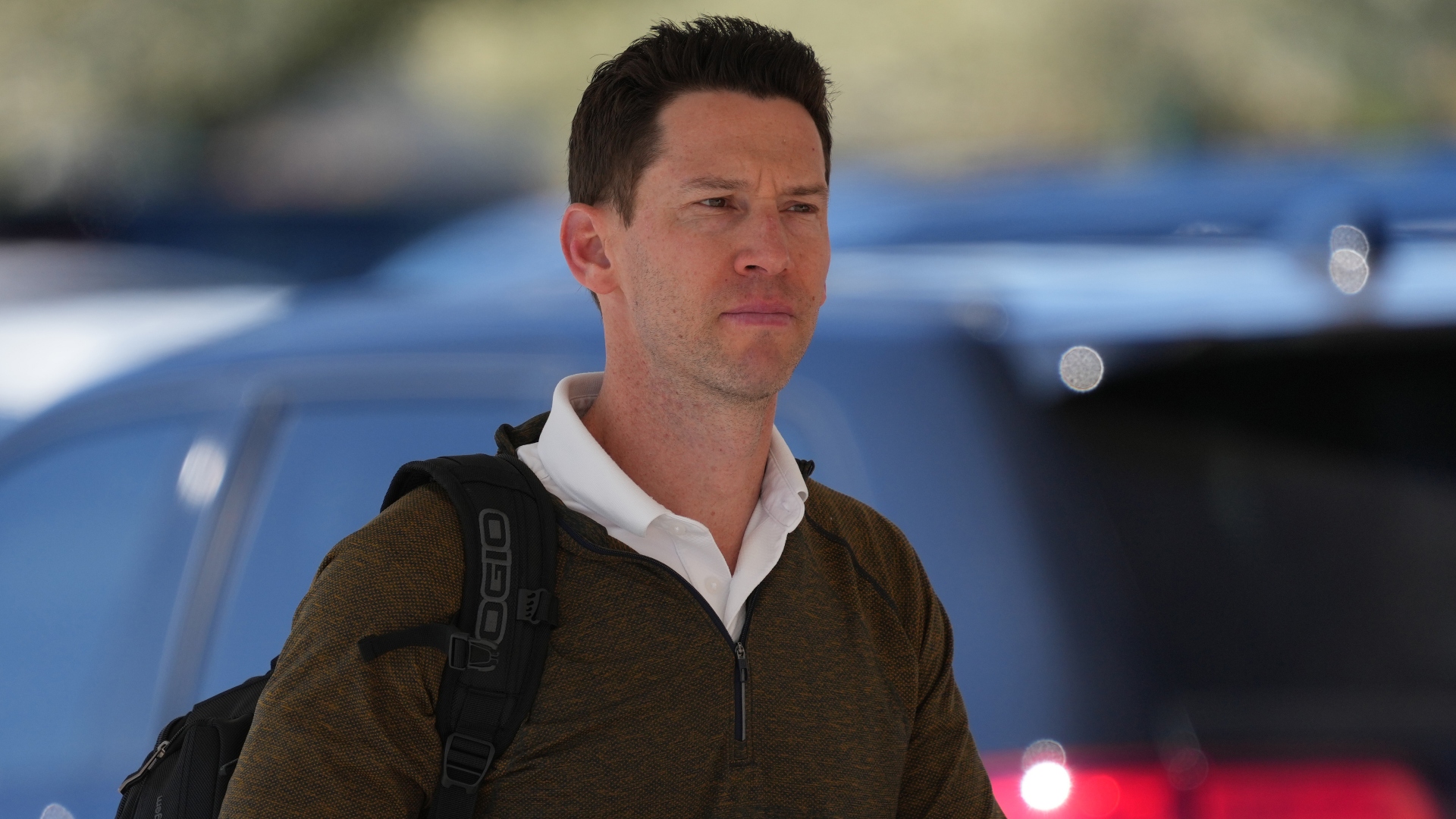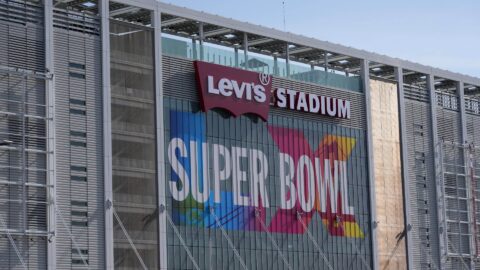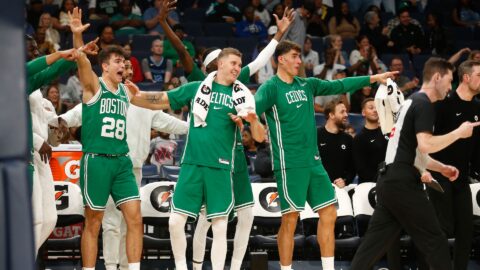 For going on three decades, they have made it look so simple. Draft well, coach well, play well, and any team can be as successful as the San Antonio Spurs and the Utah Jazz.
For going on three decades, they have made it look so simple. Draft well, coach well, play well, and any team can be as successful as the San Antonio Spurs and the Utah Jazz.
Of course, it is not that easy. If it were, other teams in much larger media markets would have surpassed both organizations in that time. Yet while Washington, Charlotte, Golden State and Minnesota have mostly been mired in the draft lottery, San Antonio and Utah consistently perform at or above the levels of Dallas, Los Angeles, Houston and Phoenix.
Only a self-centered East Coaster would equate San Antonio with Salt Lake City, since those cities are so disparate geographically, economically and socially. The populations of their respective greater metropolitan areas are separated by about 100,000 people, and while the Spurs' run of success includes four NBA championships, the Jazz have never won it all, last reaching the Western Conference Finals in 2007.
Except the people who run those franchises so often invoke the example of the other, the comparison is inevitable. Spurs general manager R.C. Buford has said he modeled his approach partially on that of longtime Jazz G.M. Kevin O'Connor. The Jazz essentially acknowledged the same Tuesday by hiring Spurs assistant general manager Dennis Lindsey to replace O'Connor, who was promoted to team vice president. As NBA economic stratification goes, the two teams are close to indistinguishable. Without San Antonio and Utah, there is no Oklahoma City. And that does not mean the Thunder would not be successful — it means there really would be no Oklahoma City franchise. Clay Bennett and his gang would never have had reason to steal the Sonics from Seattle if the Spurs and Jazz had not shown that smaller-market franchises could be successful.
Lindsey's hiring confirmed the philosophical link between the two franchises that previously was only suspected through anecdotal evidence. While the owners and executives for both franchises are typically vague about their strategies, using their history as a guide, we can identify four similarities between the two organizations' success.
>>Emotionally invested family ownership. Peter Holt purchased the Spurs in 1993, eight years after Larry Miller bought a 50 percent stake in the Jazz. Both men invested in the teams, in part, to prevent them from relocating. Holt's philosophy is called "values-based management," described as a system in which a community benefits from its association with an ethical, reputable company. Miller's philosophy (carried on by his son Greg after Miller's death in 2009) was a bit less flowery-sounding, but both men's ownership amounted to the same thing: They gave midsize cities major league chops.
>>Coaching stability. Jerry Sloan was the longest-tenured coach in major American professional sports until he stepped down in 2011. His successor, Tyrone Corbin, coached under Sloan, who coached under Frank Layden, who became head coach in 1981. That is three coaches in 31 years. Some teams go through three coaches in 10 months. Gregg Popovich, meanwhile, has been the Spurs' head coach since 1996. Good luck getting any star player to orchestrate a coaching change like Dwight Howard did with Stan Van Gundy or Magic Johnson once did with Paul Westhead. In San Antonio and Utah, the man with the whiteboard is unquestionably in charge in the locker room.
>>Character first. The Spurs and Jazz do not necessarily populate their rosters with players who are of higher character than any other teams, but they do focus on players who are of a certain character. Tim Duncan never attempted to force his way to a large-market team, and the only player who tried to do so in Utah, point guard Deron Williams, was swiftly dealt before he could become a distraction. Kawhi Leonard, George Hill, Gordon Hayward and Paul Millsap might not have been as successful on other franchises, but all three have appeared to blossom in the small-market cultures.
>>Openness to innovative ideas. Despite their old-school reputation, the Spurs' front office is one of the most forward-thinking in the game. Two-thirds of their championship core — Manu Ginobili of Argentina and Tony Parker of France — was foreign-born before international scouting was widespread, and they boldly promoted Sam Presti to assistant general manager when he was 30 years old. (Presti is now general manager of the Thunder.) O'Connor and the Jazz also tapped the international market for All-Star Andrei Kirilenko, and Lindsey will attempt to bring elements of the relatively nascent science of advanced statistical analysis to the Jazz. Since neither franchise has the financial heft to compile stars and pay the luxury tax every year, they need to examine different approaches to stay competitive.
For years, the Spurs and Jazz have mucked up the belief that teams outside of North America's top 10 media markets cannot compete at a championship level in the NBA. With Lindsey departing one for the other, the two teams now have another link besides their shared role as economic underdogs in a world where money usually rules.
Have a question for Ben Watanabe? Send it to him via Twitter at @BenjeeBallgame or send it here.



